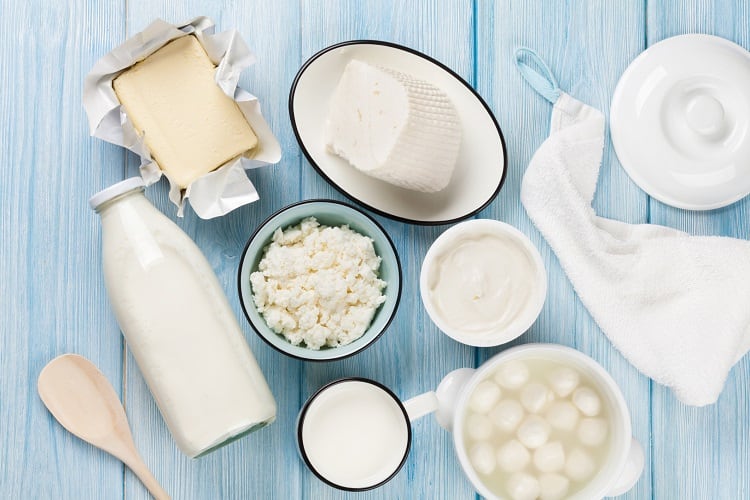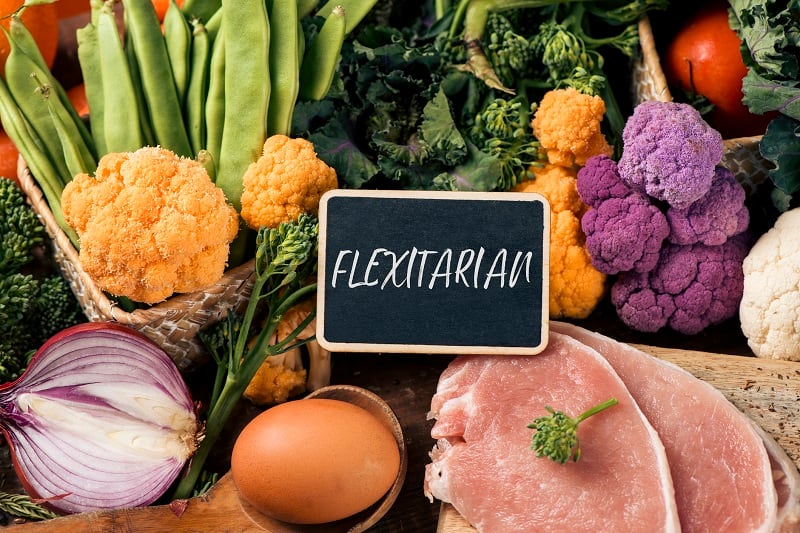To date, studies have reported contrasting associations of dairy consumption with certain cancers. These include a positive association with prostate cancer, as well as inverse associations with colorectal and premenopausal breast cancers.
In China, however, cancer rates and levels of dairy consumption differ significantly from those in western populations. Very little cheese and butter is consumed in China, for example, and consumption of milk and yoghurt is far lower than in western populations.
Further, it is well documented that Chinese adults cannot properly metabolise dairy products due to a lack of lactase – a key enzyme for breaking down the milk sugar lactose.
To better understand how links between dairy products and risk of cancer may differ in Chinese people, researchers from Oxford Population Health, Peking University, and the Chinese Academy of Medical Sciences, Beijing, have published a new large-scale study in BMC Medicine.
How much dairy do adults in China consume?
The researchers relied on data collected from around 500,000 adults from the China Kadoorie Biobank, living in ten diverse (a mixture of rural and urban) areas across China between 2004 and 2008.
Participants were surveyed, and re-surveyed throughout the time period, to learn more about their consumption of major food groups, including dairy products.
Results revealed that overall, 20.4% of participants reported consuming dairy products (mainly milk) regularly – meaning one day per week or more. The estimated mean consumption was 80.8g per day among this population, and close to 40g per day among all participants.
Eleven percent of participants consumed dairy products monthly and 69% never consumed dairy products.
Follow-up research focused on incidents of cancer cases. Findings were adjusted for cancer family history, education, income, alcohol intake, smoking, physical activity, soy and fresh fruit intake, and body mass index.
Overall, 29,277 new cancer cases were recorded, with regular dairy consumers having significantly higher risks for liver and breast cancer.
For each 50g of dairy consumed per day, the risk increased by 12% for liver cancer and 17% for breast cancer.
There was also an increased risk of lymphoma, although this was not deemed statistically significant. No significant association was found for any other cancer type investigated.
Associating dairy consumption with cancer risk
While these study results do not prove causation, the researchers believe there are several plausible biological mechanisms that may explain these associations.
It could be, for instance, that greater dairy consumption increases levels of insulin-like growth factor-I (IGF-I), which promotes cell proliferation and has been associated with higher risks for several types of cancer.
Another possibility is that female sex hormones present in cow’s milk, such as oestrogen and progesterone, could have a role in the increased risk of breast cancer. And saturated and trans-fatty acids from dairy products could increase the risk of liver cancer.
The researchers also noted that for the majority of Chinese people who do not produce enough lactase, dairy products may be broken down into products that affect cancer risk.
“This was the first major study to investigate the link between dairy products and cancer risk in a Chinese population. Further studies are needed to validate these current findings, establish if these associations are causal, and investigate the potential underlying mechanisms involved,” said first author Dr Maria Kakkoura, Nutritional Epidemiologist at Oxford Population Health.
Senior co-author Associate Professor Huaidong Du, Senior Research Fellow at Oxford Population Health, stressed these results should not influence consumers to reduce their dairy intake.
“Whilst our results suggest there may be a direct link between regular dairy consumption and certain cancers, it is important to be aware that dairy products are a source of protein, vitamins, and minerals.
“It would not be prudent to reduce dairy consumption based solely on the rights from the current study or without ensuring adequate intake or protein, vitamins, and minerals from other sources.”
Source: BMC Medicine
‘Dairy consumption and risks of total and site-specific cancers in Chinese adults: an 11-year prospective study of 0.5 million people’
Published 6 May 2022
DOI: https://doi.org/10.1186/s12916-022-02330-3
Authors: Maria G. Kakkoura, Huadong Du, Yu Guo, Zhengming Chen et al.





